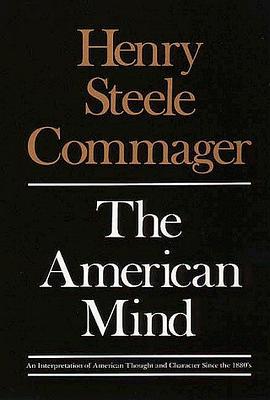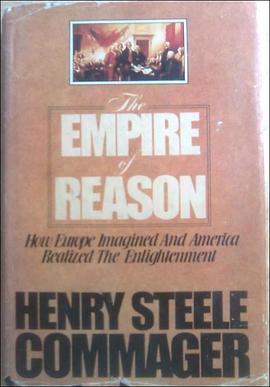Review
In this expostulatory essay on the European and American philosophes of the 18th century, a dean of American historiography contrasts the European profession of the Enlightenment with down-to-earth American accomplishments. English intellectualism, according to Commager, was an aristocratic exercise exemplified by Royal Society director Joseph Banks' belief that science should supersede politics; Americans, of course, believed in plebian democracy, freedom of speech, and the abandonment of Greek and Latin for botany and husbandry: they were euphorically venturing westward while Europe looked toward ancient, stagnant civilizations like China's. True, the Old World had Goethe, Priestley, Kant - but the reality was that "cities are put to the torch, nobles ride heedless over the fields of peasants, the Irish cotters starve to death. . . ." Americans, with "no King, no Court, no aristocracy, no body of laws, no professional army, no Established Church, no history, no tradition, no usable past" created a nationalism from the bottom up. Thomas Jefferson is exalted as the native philosophe embodying this development, while less is made of Franklin's collaboration with his European counterparts. It is easy to challenge Commager's hyperboles about direct democracy in the early Republic and his notion that America lacked tradition; his contrast between European decadence and American practicality is more nuanced but fundamentally adds little to our knowledge of either. (Kirkus Reviews) --This text refers to an out of print or unavailable edition of this title.
Product Description
The foremost American historian of his generation delves into the nation's European origins, illuminating how the new country embodied the principles of the Enlightenment--ideals that Europe, trapped by tradition and privilege, could not itself realize. "...crystalline clarity of...writing [causes] explosions in the reader's mind...history to be pondered and cherished."--The New York Times. "Learning and reason are at the service of a mind whose understanding of democracy gains brilliance and power from a passion for...freedom."--Arthur Schlesinger Jr.

